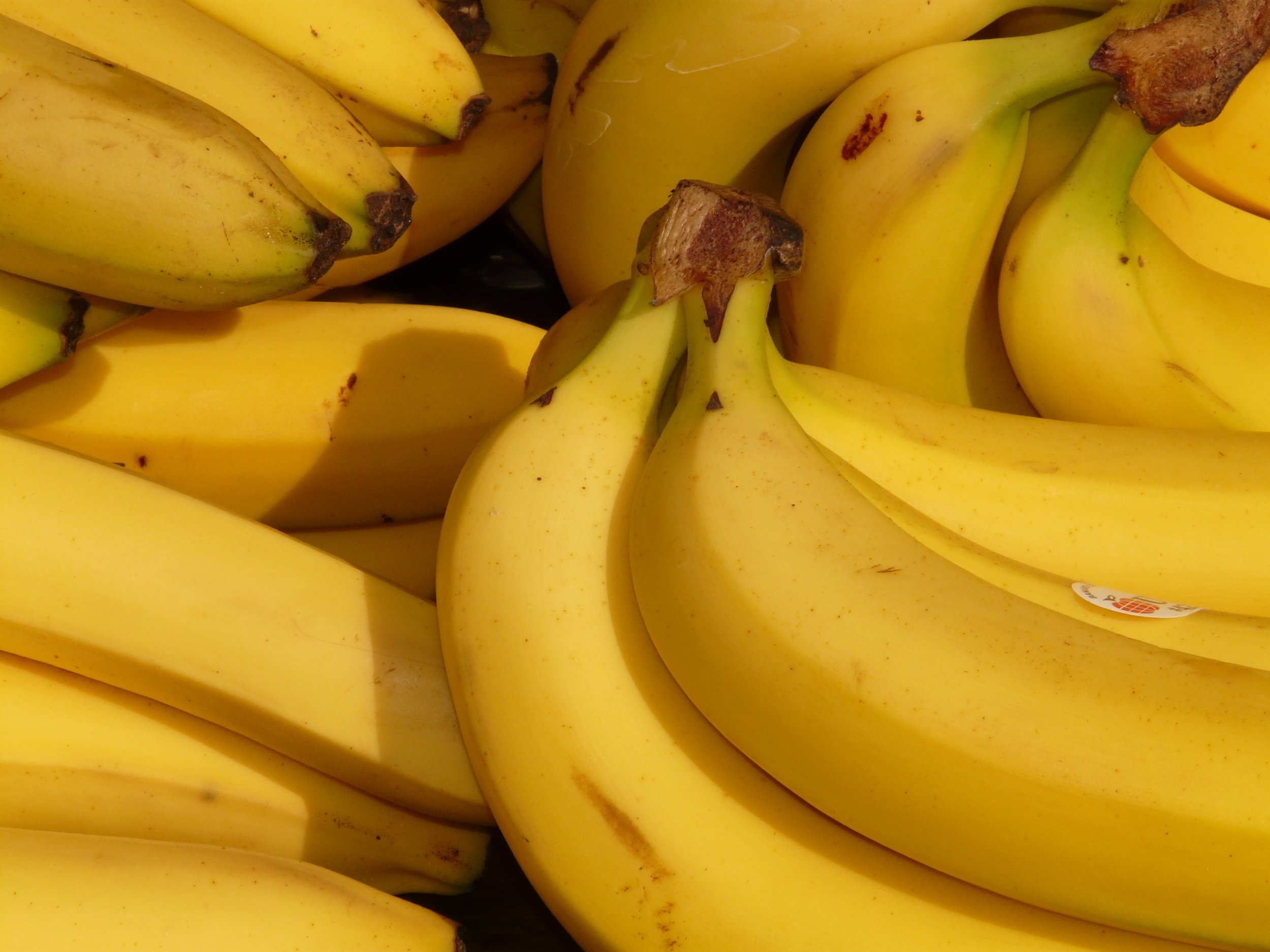Is a Fruitarian diet for you?
So what exactly is a fruitarian diet you ask? You have probably heard of a vegetarian or vegan diet. In case you haven’t, here is a simple definition: A vegetarian is someone who does not consume meat and a vegan is someone who does not consume any animal products i.e. no meat, no dairy, not even honey. Among vegans, there is a group called raw vegans. Raw vegans as the name suggests do not consume animal products nor any cooked meals. So what is a fruitarian diet?
A fruitarian diet is a subcategory of a raw vegan diet with most of the diet coming from fruits. Some fruitarians only eat fruits, and others, like I, consume vegetables and nuts in small quantities.
Why would anyone choose to live on such a diet?
Most people choose to eat a vegetarian, vegan or fruitarian diet for ethical, religious, environmental and health reasons.
On the ethical side, we find those who are against violence and killing of animals for food or clothing. Others still, believe that eating this way is very healthy. On the internet one can find many testimonials (blogs and videos) from those who improved their health by eating a raw vegan or fruitarian diet. A number of studies have linked many chronic conditions like heart problems and diabetes to excessive consumption of meat and dairy products.
On the religious side, we find those who believe that a fruitarian diet was what God intended for us when he created the earth (Genesis 1:29).
On the environmental side, a number of studies have shown how increased meat and dairy consumption has a negative impact ranging from global warming to water pollution to destruction of natural habitats etc.
Personally, I became a fruitarian for health reasons. I had struggled with excess weight for almost twenty years, and while researching for healthier options I slowly transitioned to a vegan diet. After a year on a vegan diet, I discovered many benefits for being on a raw vegan diet, and decided to give it a try. Slowly, I went from a raw vegan diet to a fruitarian diet as I found eating fruits provided me energy to keep up with my workouts and other daily activities. To my surprise, I found that eating a fruitarian diet was the simplest and most natural way of eating. I found myself spending less time grocery shopping, and I was no longer spending hours per week in the kitchen preparing food and cooking. All I had to do was peel my fruits and eat them. It is also an easy and healthier diet for busy people; if you are always on the go, it is easier to snack on fruits throughout the day.
A few months into my fruitarian diet experiment, amazing things started happening. I had so much energy throughout the day and I no longer woke up tired. My workouts became more enjoyable because my body was recovering quicker and I no longer suffered muscle cramps like I used to. I found that my endurance increased dramatically as well.
Negativity
A fruitarian diet is widely misunderstood in the medical profession, and many doctors and nutritionists will discourage anyone wishing to experiment with such a diet as it is contrary to the Canadian and US governments recommended food guide; “My Plate”. For instance, when I met with my nutritionist, she feared I might be suffering from protein, iron and calcium deficiency due to the exclusion of meat and dairy from my diet. So far my blood test results have not found any of the mentioned deficiencies.
That said, the fear that consuming lots of fruits will lead to diabetes is real among many people. I do regular blood tests and despite being on a high fruit diet, my blood sugar is normal. With the reported health benefits of those on a vegan, raw vegan or fruitarian diet, one needs to do his/her own research and experiment to find out the truth. As I say to those who question my dietary choices, at the end of the day, no matter what anyone says,” results are the only ones that count.” I lost 50 pounds, kept the weight off for more than 2 years and I haven’t been sick for almost 3 years now. So educate yourself, and slowly experiment to find out whether or not this type of eating is right for you.
Fruitarian diet Impact on communities
In developed countries, healthcare costs are climbing at an alarming rate due to an endless list of chronic conditions and according to CDC (Centres for Disease Control and Prevention) 86% of healthcare dollars goes to treatment of chronic diseases. Also, chronic diseases are the leading causes of death and disability in the United States and Canada. Studies conducted by Doctor Caldwell Esselstyn and Doctor Neal Barnard showed how possible it is to reverse heart problems and diabetes by adopting a plant-based diet.
And for developing countries, mainly African countries where many diseases are linked to malnutrition, a diet high in fruits can fix most nutritional deficiencies. Many developing countries have an ideal climate for growing fruits, and if fruits were encouraged to be part of the normal diet, those countries might be able to feed their population and possibly eradicate hunger.
How can someone in North America adopt a fruitarian diet?
For obvious reasons, a fruitarian diet can easily be adopted in a tropical climate but how about those of us who live in cold climates? It is very challenging as it is very difficult to find a variety of fruits at a reasonable cost during winter months. However, it is manageable. One tip I would give is to make bananas your staple fruits. Bananas are very healthy, available year round and are very cheap. If you look at different cultures, there is always a staple food. For instance, Asian culture has rice, some European countries have potatoes, and for some African countries its cassava. So for most fruitarians, banana is the easiest fruit to make a staple food. If you wish to transition into a fruitarian diet, you can start by gradually increasing the raw food intake in your diet. You can start by eating 50% raw and increase gradually over time.
Olivier Masabarakiza
After going through my own body transformation (I lost 50 pounds and reversed some of my chronic conditions), I have been helping others achieve great health results at
http://www.FatOliver.ca.
I also run a Facebook Private Group “Body Transformation - Fitness and Nutrition Challenge” to motivate & support those who want to transition into a healthy lifestyle. You can join the group at https://www.facebook.com/groups/vitalilty/
References:
MyPlate: http://www.choosemyplate.gov
Dr Caldwell Esselstyn : http://www.dresselstyn.com
Dr Neal Barnard: http://www.nealbarnard.org
Healthcare costs: http://www.cdc.gov/chronicdisease/index.htm
Leading causes of death and disability: http://www.cdc.gov/chronicdisease/overview/
Low consumption of fruits and vegetables and nutritional deficiencies: http://www.ncbi.nlm.nih.gov/pubmed/24963861
Meat and dairy industry on environment:
- http://www.pnas.org/content/111/33/11996.abstract
http://www.unep.org/resourcepanel/Portals/24102/PDFs/PriorityProductsAndMaterials_Report.pdf


